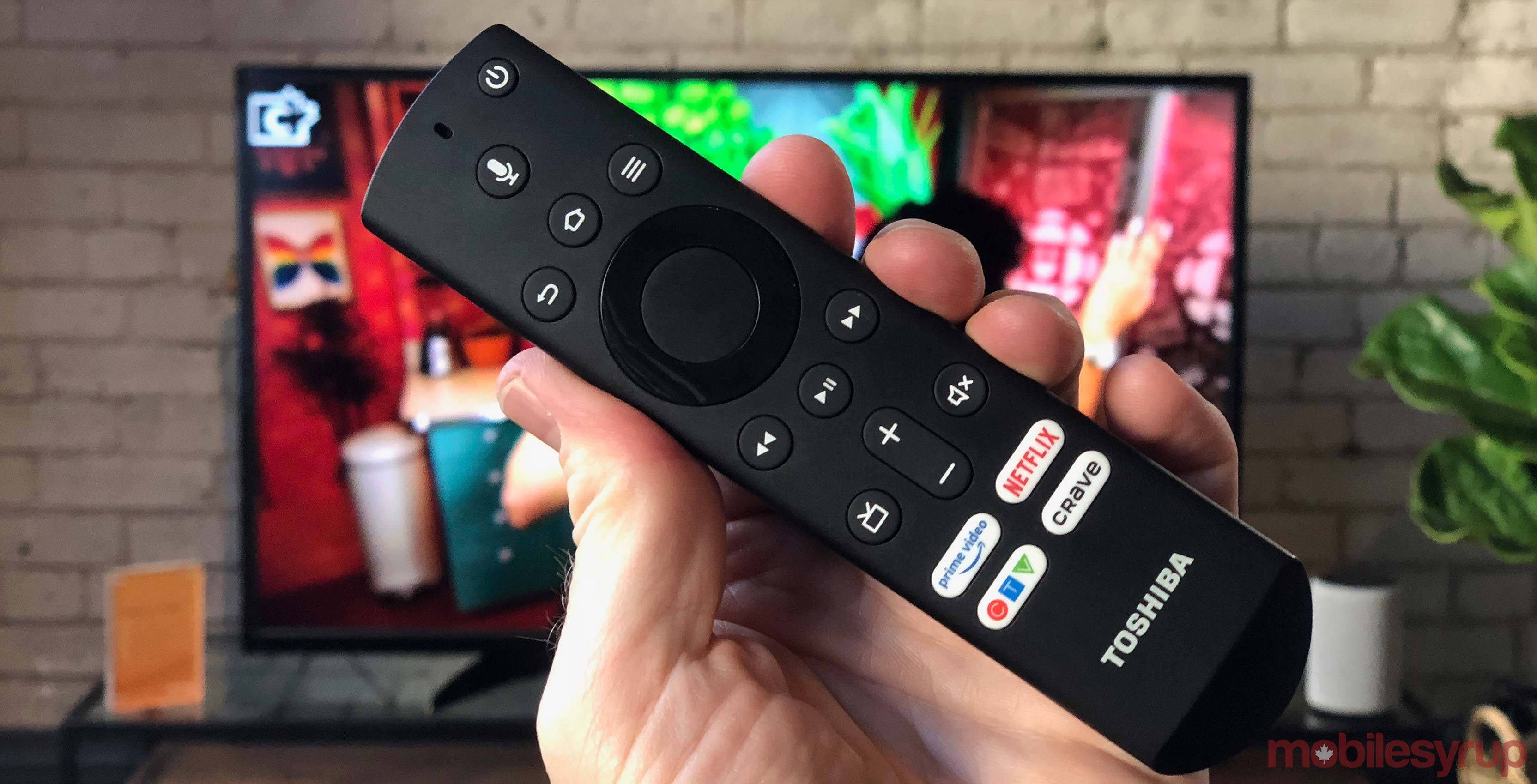
A new report details how Google uses the rules associated with the mobile version of Android to block companies from using Amazon’s Fire TV platform.
While Amazon’s Fire TV sticks and set-top boxes might be popular, Google is making it difficult for the retail giant to expand to smart TVs. A report from Protocol says that once a manufacturer signs up to use Android, either for a TV or a mobile device, they need to sign an agreement stating that it won’t use any forked versions of Android, AKA, Fire TV OS.
This means that if Sony uses Android for its smartphones, it must use either Android TV OS or a non-Android based option like Roku OS.
While this does little to bother TV manufacturers, it effectively blocks Amazon from running its smart TV service on a ton of televisions. In Canada, TVs made by Toshiba and Insignia both run Fire TV OS. Sony, Sharp and some other manufacturers use Android TV OS.
The specific agreement that blocks manufacturers is called the ‘Android Compatibility Commitment.’ This is a crucial rule that manufacturers and developers need to sign to get access to the Play Store. Samsung and LG skirted around this rule years ago by developing their own smart-TV operating systems. Still, all other manufacturers need to choose from Google, Roku and Amazon now.
The history between these two companies
Google and Amazon have been quietly fighting for years now, so this block isn’t overly surprising. It began when Amazon stopped selling Google’s Chromecast on its online store because it was competing with the Fire TV Stick. Following this, Google blocked Amazon’s devices for using YouTube.
The two tech giants seemingly resolved this quarrel last in April, but now that it’s come to light that Google is stopping Android adjacent manufacturers from using Fire TV, the fight could resume between these two tech powerhouses.
Since Amazon and Google are the two leading players in the virtual assistant space, the pair has a silent rivalry that might never end. The Protocol story mentions that Amazon and Google employees both look at each other as the main enemy.
What might this mean for you?
All this boils down to another big tech anti-competitive story with Google playing the part of the villain this time around. That said, maybe it’s a good thing that Google is using these tactics to put its smart home gadgets in front of more people.
While it might be considered scummy, it’s better, in my opinion, to have matching tech. Therefore , if you have an Android phone and a Google Assistant-enabled smart speaker, an Android TV will fit nicely into your tech lifestyle. This is a hard issue to tackle since clearly, it’s morally wrong for companies to impose rules like this, but on the other hand, having a single overarching tech ecosystem generally means your devices work together better.
Source: Protocol
MobileSyrup may earn a commission from purchases made via our links, which helps fund the journalism we provide free on our website. These links do not influence our editorial content. Support us here.


